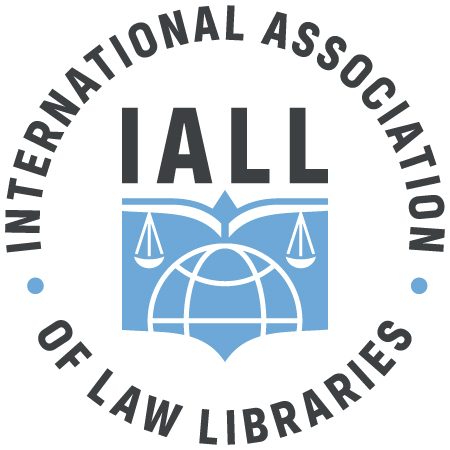Two years ago, along with several colleagues in the Institute of Advanced Legal Studies Library (IALS), I began working on a project called Law PORT, funded by the University of London’s School of Advanced Study. We were tasked with the creation of online interactive training resources to support postgraduate researchers in law across the UK. The librarians at IALS run a range of information skills training sessions in London, but, as our remit is to support PhD students across the country, it was decided that we should harness new technologies to help UK-wide researchers access our training more easily.
The parameters of the Law PORT project were as follows; the new training resources should improve the legal information literacy skills of researchers, be pitched at a level suitable for PhD research, be open-access, online, interactive (with quizzes) and sufficiently intuitive for researchers to use without tuition. After a survey of PhD students in the UK and much discussion amongst ourselves, we decided to create tutorials based on two broad topics; the effective use of OSCOLA (Oxford University Standard for the Citation of Legal Authorities) and Public International Law (PIL) research.
OSCOLA was an obvious choice for us. This citation standard is widely used in law schools across the country and we receive a large number of requests for assistance. Our in-house training sessions are incredibly popular and researchers seem to have an insatiable appetite for help with OSCOLA. We thought that the creation of an online tutorial would go some way towards addressing this need.
We chose PIL research for a number of reasons. Firstly, the collections in IALS Library are very rich in public international law and the library team has the necessary expertise to provide training in this relatively niche area. Secondly, though PIL has a bewildering array of associated paper and online resources for researchers to get to grips with, few libraries in the UK have created open-access training resources to support research in this area. Thirdly, the beginning of the project coincided with the publication of IALL’s Guidelines for Public International Law Research Instruction and we thought this would provide our project with a firm focus. We decided to create three tutorials on different aspects of PIL research; customary international law, treaties and international conventions, and judicial decisions.
I was responsible for creating the tutorial Treaties and International Conventions and the first step was to write the content. Though I train on this topic fairly regularly it soon became apparent that I had a lot to learn about treaty research in order to successfully address all of the learning objectives. It was a steep learning curve and I spent a lot of time reading research guides and exploring the key print and online resources in this area. Treaty research is a huge topic; my tutorial looks at understanding the treaty-making process and treaty citations, using authoritative treaty sources, identifying treaties on subjects, researching treaty status and finding travaux préparatoires.
Once the content of each tutorial was written the creation process began. We used Articulate Storyline, a powerful software that allows you to create professional-looking, interactive training resources. Though the basic functions of Storyline are easy to learn, we relied heavily the project’s Learning Technologist and a colleague in the computing services team who had the required technical skills to make our resources engaging, interactive, and visually appealing.
In May 2017, after a thorough testing process, the first three tutorials were published in Law PORT: An introduction to citing references using OSCOLA, Treaties and international conventions and Researching customary international law. A summary of each resource is provided below. Though created for the benefit of those in law schools in the UK, we hope that the training resources will be helpful for law students and academics around the world.
An introduction to citing references using OSCOLA
This tutorial offers an introduction to the rules for the citation of legal and other authorities according to OSCOLA. It covers primary sources of law for the UK and EU, as well as secondary sources including books, journals and websites.
Researching customary international law
This tutorial gives an overview of the key sources, print and online, for researching customary international law. It covers finding evidence of state practice in the records of states’ foreign relations and diplomatic practice, and in legislation concerning international obligations. It also looks at researching the practice of the UN Security Council, UN General Assembly and UN human rights committees.
Treaties and international conventions
This tutorial covers the fundamentals of treaty research; finding treaties, checking status and party information, understanding treaty citations and tracing travaux preparatoires. It focuses on authoritative sources of treaties in print and online.
Forthcoming:
Judicial decisions in public international law
To access Law PORT visit http://ials.sas.ac.uk/lawport
Lisa Davies,
Access Librarian, Institute of Advanced Legal Studies
This Blog contains entries by members of the International Association of Law Libraries on issues germane to the Association’s areas of focus. Views expressed in an individual entry only represent the views of the author.
